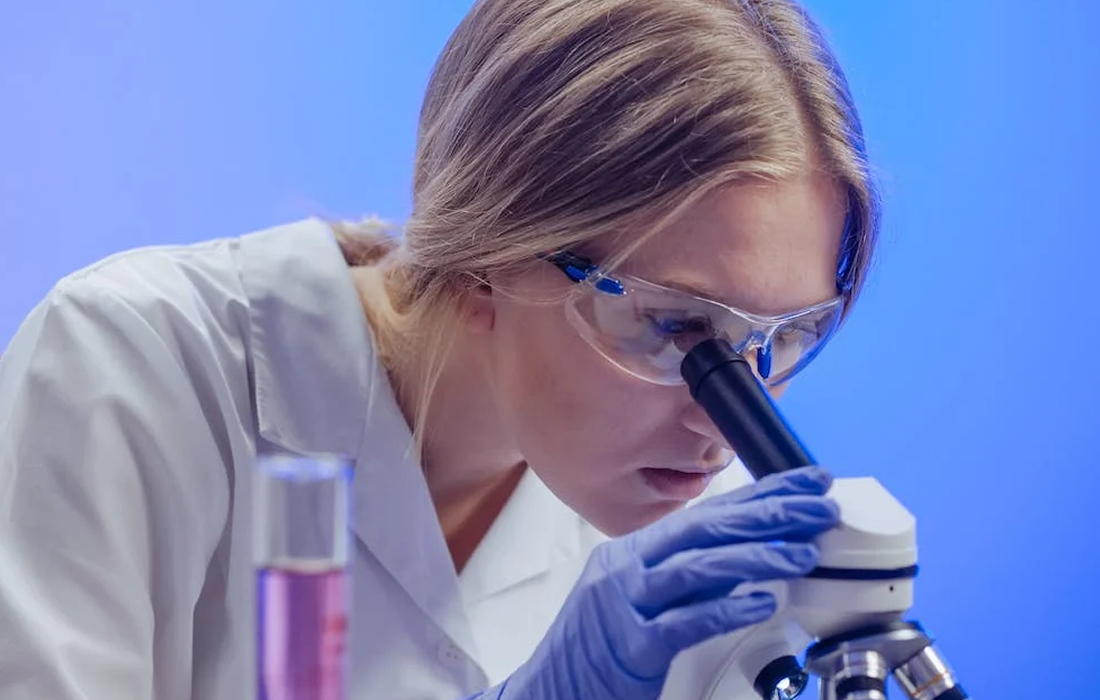Researchers from the United States, Brazil, and Spain, including scientists with the Fralin Biomedical Research Institute at VTC, published an analysis in a special edition of the British Medical Journal with a timely and controversial recommendation: It’s time for an international shift in the way we think about ultra-processed food. “There is converging and consistent […]
Author Archives: Karely Vega, MD
Scientists have uncovered why night shift work is associated with changes in appetite in a new University of Bristol-led study. The findings, published in Communications Biology, could help the millions of people that work through the night and struggle with weight gain. Scientists from Bristol and the University of Occupational and Environmental Health in Japan, […]
In cases where standard therapies fail, a medication called XEN1101 reduces seizure frequency by more than 50% in some patients and sometimes eliminates them altogether, a new study shows. Unlike several treatments that must be started at low doses and slowly ramped up, the new drug can safety be taken at its most effective dose […]
Researchers have identified a ‘guard mechanism’ for a protein which attacks microbes in infected cells, opening the possibility of new treatments for Toxoplasma, Chlamydia, Tuberculosis and even cancer. A study, led by the University of Birmingham and published in Science has discovered the lock and key mechanism that controls the attack protein GBP1. GBP1 is […]
A UCLA-led team of researchers has found nerve pathways that supply brown adipose tissue (BAT), a type of tissue that releases chemical energy from fat metabolism as heat — a finding that could pave the way toward using it to treat obesity and related metabolic conditions. The researchers have for the first time detailed this […]
Until recently, our understanding of Parkinson’s disease has been quite limited, which has been apparent in the limited treatment options and management of this debilitating condition. Our recent understanding has primarily revolved around the genetic factors responsible for familial cases, while the causative factors in the vast majority of patients remained unknown. However, in a […]
Searching for new ways to block the growth of cancer cells is like looking for a needle in a haystack. Tumor cells rely on thousands of proteins to function, but only a few of those proteins can be precisely targeted by drugs to treat cancer safely and effectively. Now, a team at Scripps Research and […]
Alzheimer’s disease is the most common type of dementia, a disorder of progressively worsening memory and other thinking abilities. It rose up in the ranks of leading causes of death over the past several decades. An effective treatment against this disease could give back to the patient the decision when to retire and improve quality […]
A research team, led by Professor Ja Hyoung Ryu from the Department of Chemistry at UNIST, in collaboration with Professor Hyewon Chung from Konkuk University, has achieved a significant breakthrough in the treatment of age-related diseases. Their cutting-edge technology offers a promising new approach by selectively removing aging cells, without harming normal healthy cells. This […]
A new study in JAMA Network Open may provide key answers to how to help people experiencing chronic back pain. The study, published today, examined the critical connection between the brain and pain for treating chronic pain. Specifically, they looked at the importance of pain attributions, which are people’s beliefs about the underlying causes of […]










